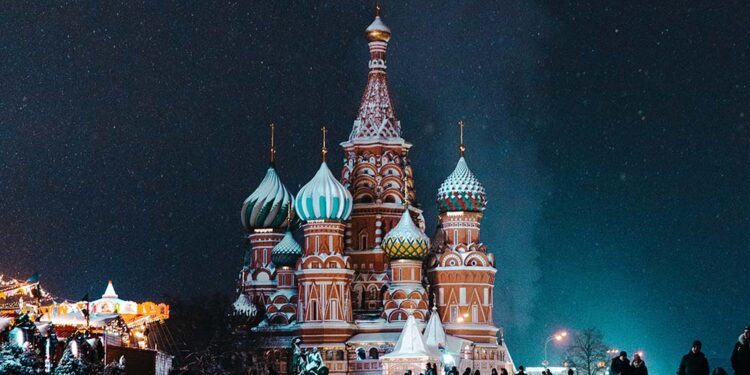Lawmakers in Russia have put forth a proposal that aims to cut out major IP holders out of the picture when operating esports competitions within the country. The news was first reported by Russian-language news outlet kommersant.ru and Esports Legal News reporter and Eversheds Sutherland’s attorney Leonid Shmatenko.
During a meeting of the State Duma Committee on Physical Culture and Sports earlier this month—with participation from representatives from the Ministry of Digital Development, the Russian Esports Federation, and other government agencies—lawmakers put forth a proposal that would allow esports tournaments to be operated in the country without requiring permission or direct licensing agreements with IP owners such as Riot Games, Activision Blizzard, Ubisoft, Epic Games, and other Western and European game makers. The legislation is likely designed to help the Russian government to facilitate esports and circumvent international sanctions due to its ongoing war with Ukraine.
According to Esports Legal News (ELN), the proposal would create a public-law company (PLC) that would manage licensing fees, with money held for a three-year period. It is unclear how this PLC will determine the fair market value of these licensing fees, given that no one is consulting with esports stakeholders outside Russia on the matter. After three years, if these fees are not “claimed,” they could then be redirected to game developers in Russia and/or the Russian Esports Federation. Some at the meeting raised concerns about disregarding the rights of intellectual property owners, according to ELN’s reporting.
There is also a concern that such a proposal could have a ripple effect on Russian teams and players trying to compete internationally, and could unwittingly cause exclusion within major competitions.
The proposal would also introduce a new term to describe sports that have physical activity (such as VR games) tied to them but use technology (to be called “innovative sports”) and would establish a legal framework that would allow for “free use.” This could be a reaction to rights holders outside of Russia not wanting to license software technology for use at the planned Games of the Future competition in 2024.
The proposed legislation appears to be a response to sanctions that have made it difficult for companies outside of Russia to do business within the country, and preparation for the Games of the Future, or “Future Games” that was announced by Russian President Vladimir Putin and Chinese President Xi Jinping in March.
It is also unclear what games will be featured at this event, but Dota 2 and Counter-Strike are very popular in the region. Riot-owned titles such Valorant, Wild Rift, and League of Legends are not likely to be part of the line-up, despite Chinese game publisher Tencent owning the company. On the other hand, Tencent titles such as Honor of Kings, Peacekeeper Elite, and other China-based IPs are more likely to be utilized.
Also unclear is if any professional teams will participate in these games, though in Russian news outlet Tatar-inform reports that Games of the Future head Igor Stolyarov has said that that they are negotiating with at least three teams: Team Spirit, Virtus.Pro, and Fnatic. TEA can not independently confirm that these organizations are negotiating to take part in this event.
The change in how the government approaches esports and the rights of IP holders is not surprising, given that lawmakers are considering openly allowing pirated entertainment to be played in theaters and on television networks.
